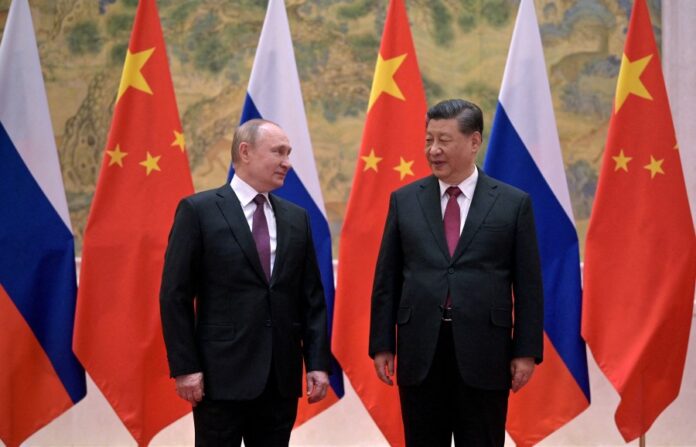Author: Lance Gore
Affiliation: East Asian Institute, National University of Singapore
Organization/Publisher: Think China
Date/Place: March 17, 2021/ Beijing, China
Type of Literature: Opinion
Word Count: 2576
Link: https://www.thinkchina.sg/are-putin-and-xi-jinping-forging-new-chapter-international-relations
Keywords: Power Projection, Ideology, Encirclement
Brief:
The recent war in Ukraine has shown the Chinese and Russians getting sick of the Western hegemonic order, alluding to a possible mutual understanding of how the International system should be. However, the recent Russian foreign policy has called Putin’s judgment into question, that perhaps previous military interventions and holding power for a long time has made him over-confident. Be that as it may, both China and Russia share a similar predicament, both having to deal with security pacts, hostile neighbors and encirclement aiming to corner them. Ideology has become the driving force in international relations, and with its “right and wrong” metrics which complicates global politics, both China and Russia are under pressure since they are deemed to be on the wrong side of history. This status quo has pushed China to develop its global power projection capabilities; a Russian victory in Ukraine will make their policies bolder. China shares a similar vision of the global order that could be illustrated in three elements. First is the mutual respect of security concerns. Second, opposing the forced imposition of liberalism, which has caused a great deal of conflicts. Third is the criticism of the role liberal values play in promoting degeneracy and social decay. Both Russia and China echo each other’s concerns regarding Western international policies, and the presence of a common enemy and shifts in global events will greatly influence how foreign policies would be carried out.
Critical Commentary: The author identifies how challenges to China and Russia are serving as catalysts of change in the global order, as both countries face aggressive Western interventions. The author does not clarify the nature of China’s power projection, giving the impression that it is simply copying the Western style with no breakaways. Another issue in the piece is the author doubting Putin’s decision-making process and whether the Russian president has been losing touch with reality. It is not clear how this relates to Russia and China having a bigger role in deciding the future of International Relations.
By: Omar Fili, CIGA Research Assistant




